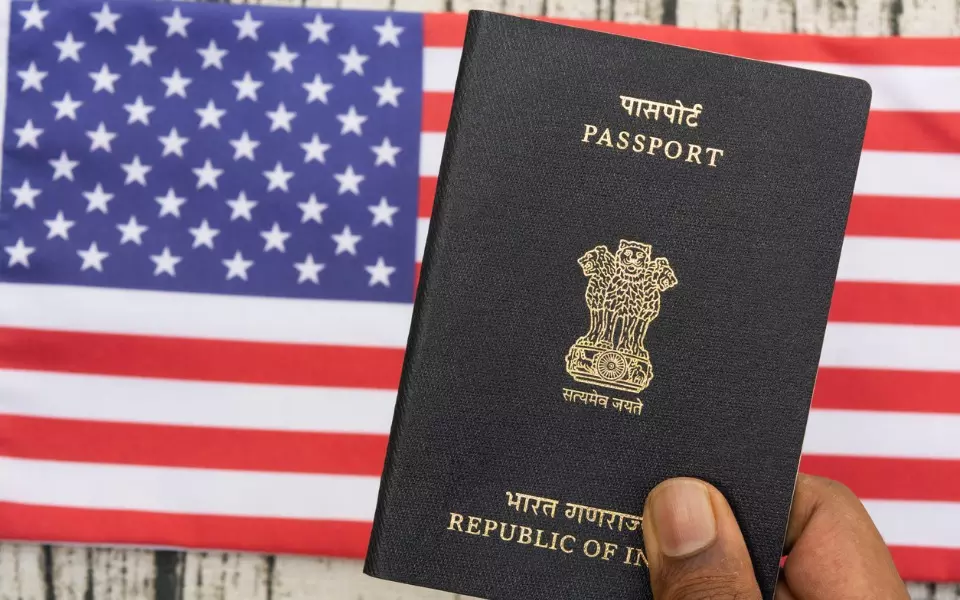
New US immigration rules in place; apply to Green Card, H-1B visa holders too
New US immigration rule under Trump mandates all immigrants, including H-1B visa and Green Card holders and students, to carry registration proof at all times

In a sweeping move that has stirred anxiety among immigrant communities, the Trump administration has begun enforcing a controversial rule mandating all noncitizens in the United States—including those legally in the United States on a Green Card, visas like H-1B, or student permits—to carry valid registration documents at all times.
The implementation follows a recent US district court ruling by Judge Trevor McFadden, a Trump appointee, who dismissed a lawsuit from immigrant rights organisations challenging the rule.
The judge ruled that the groups had failed to prove their legal standing to bring a lawsuit, enabling the US Department of Homeland Security (DHS) to implement the Alien Registration Act.
With over 2.2 lakh undocumented Indians in the US according to DHS (and higher estimates from other think tanks), the Indian community is likely to be significantly affected.
Even those on valid H-1B visas are now subject to heightened scrutiny.
Also Read: What’s the row over Trump’s AI adviser Sriram Krishnan’s immigration views?
Who will be affected?
While foreign nationals with valid visas are considered “already registered,” they are now required to carry proof of registration around the clock. This includes:
1. H-1B visa holders
2. International students
3. Green Card holders
4. Employment authorization card (EAD) holders
5. Anyone with an I-94 admission record
6. Immigrants who entered the US on a valid visa
7. Even children of legal immigrants must re-register and provide fingerprints within 30 days of turning 14
DHS issues ultimatum
“All noncitizens 18 and older must carry this documentation at all times,” DHS said in a statement. “There will be no sanctuary for noncompliance.”
Additionally, a change of address must be reported within 10 days. Failure to do so can result in penalties of up to $5,000, 30 days in jail, or both.
There is also a risk of deportation or denial of re-entry after overseas travel.
Watch here: H-1B visa concerns: Trump win could impact Indian IT professionals' access
Civil rights concerns
The move has drawn criticism from immigration advocates, who argue it forces immigrants into an impossible choice—register and risk deportation, or refuse and face penalties.
The ruling marks a hard-line shift in US immigration policy, reinforcing President Trump’s agenda that may compromise civil liberties under the guise of national security.

